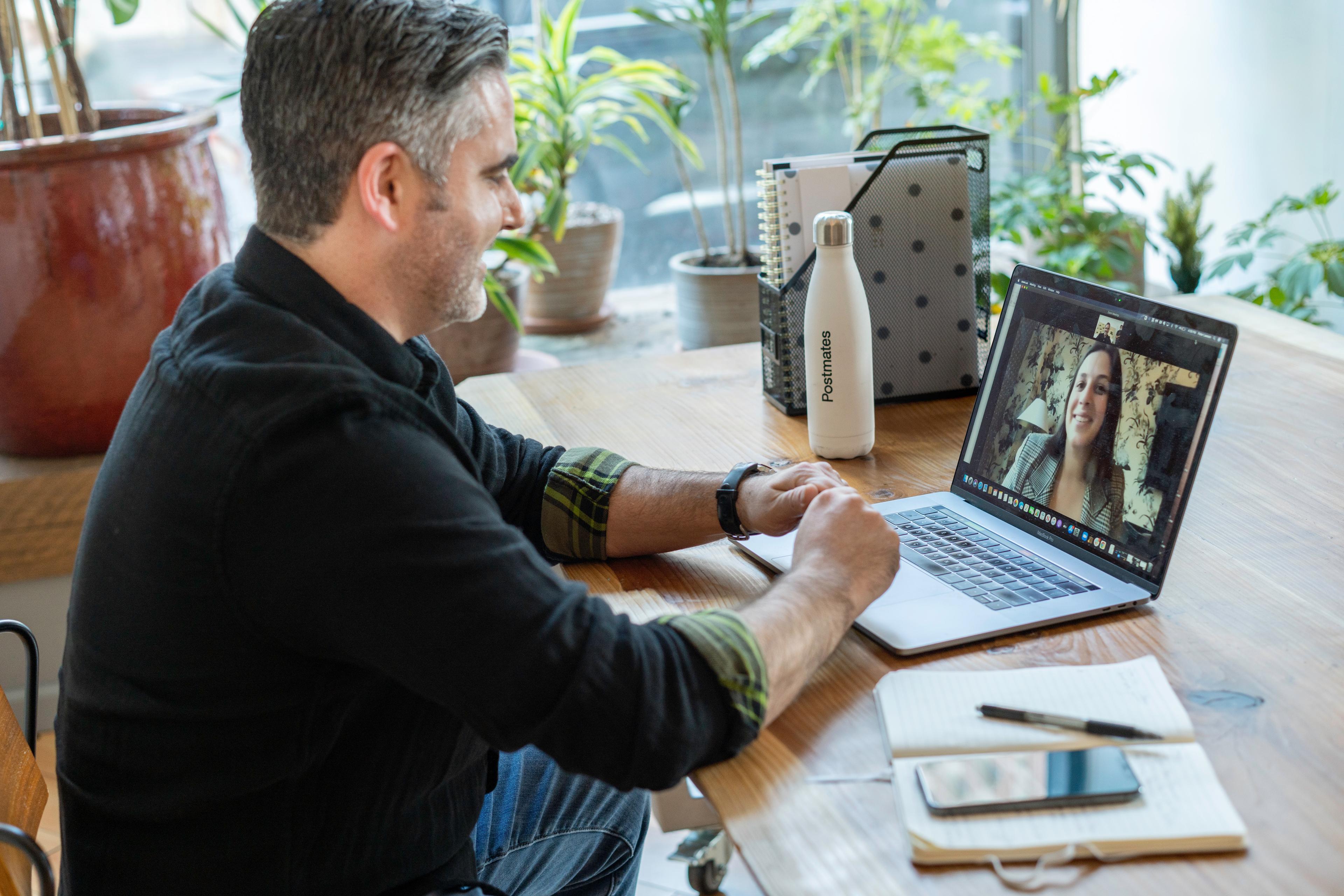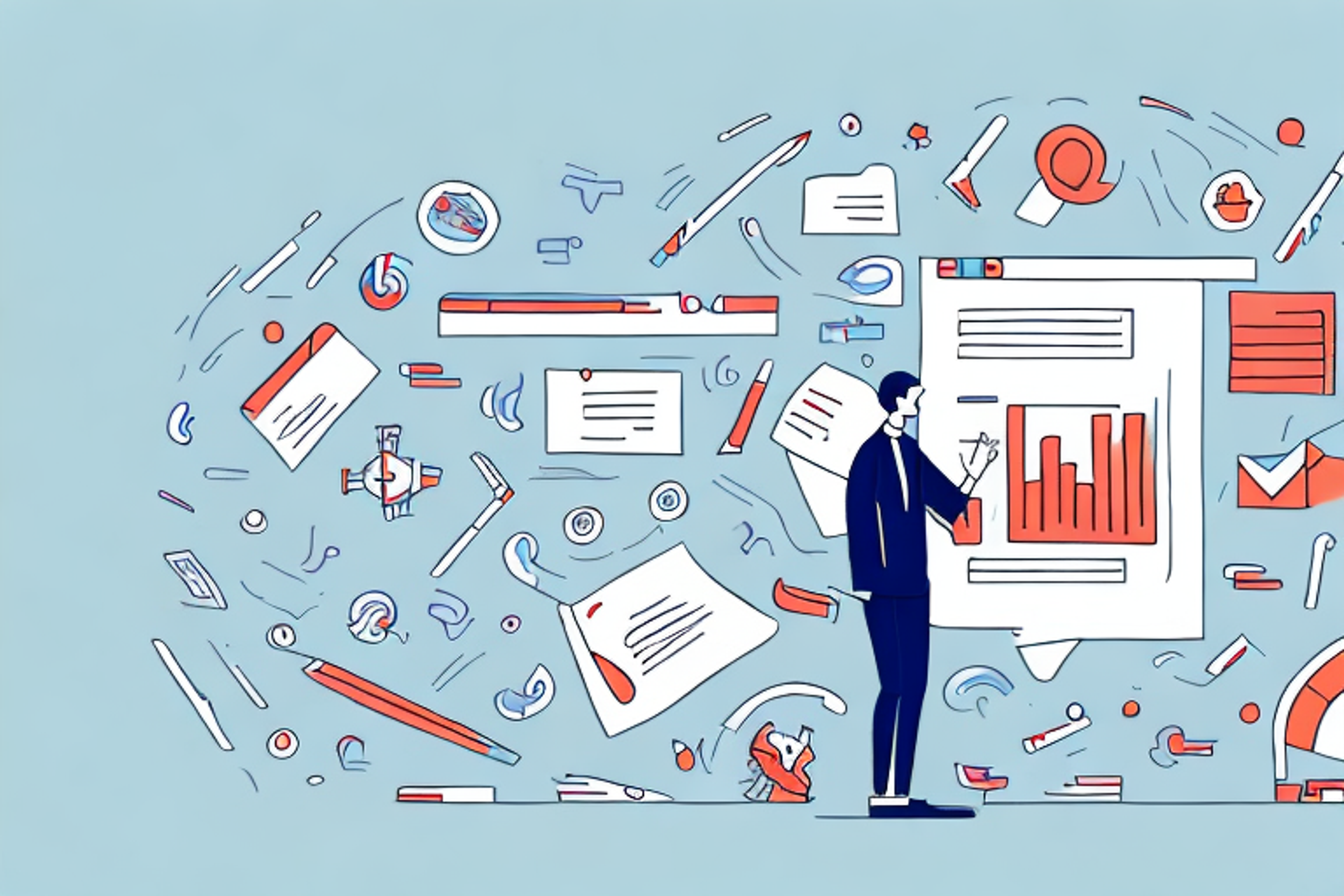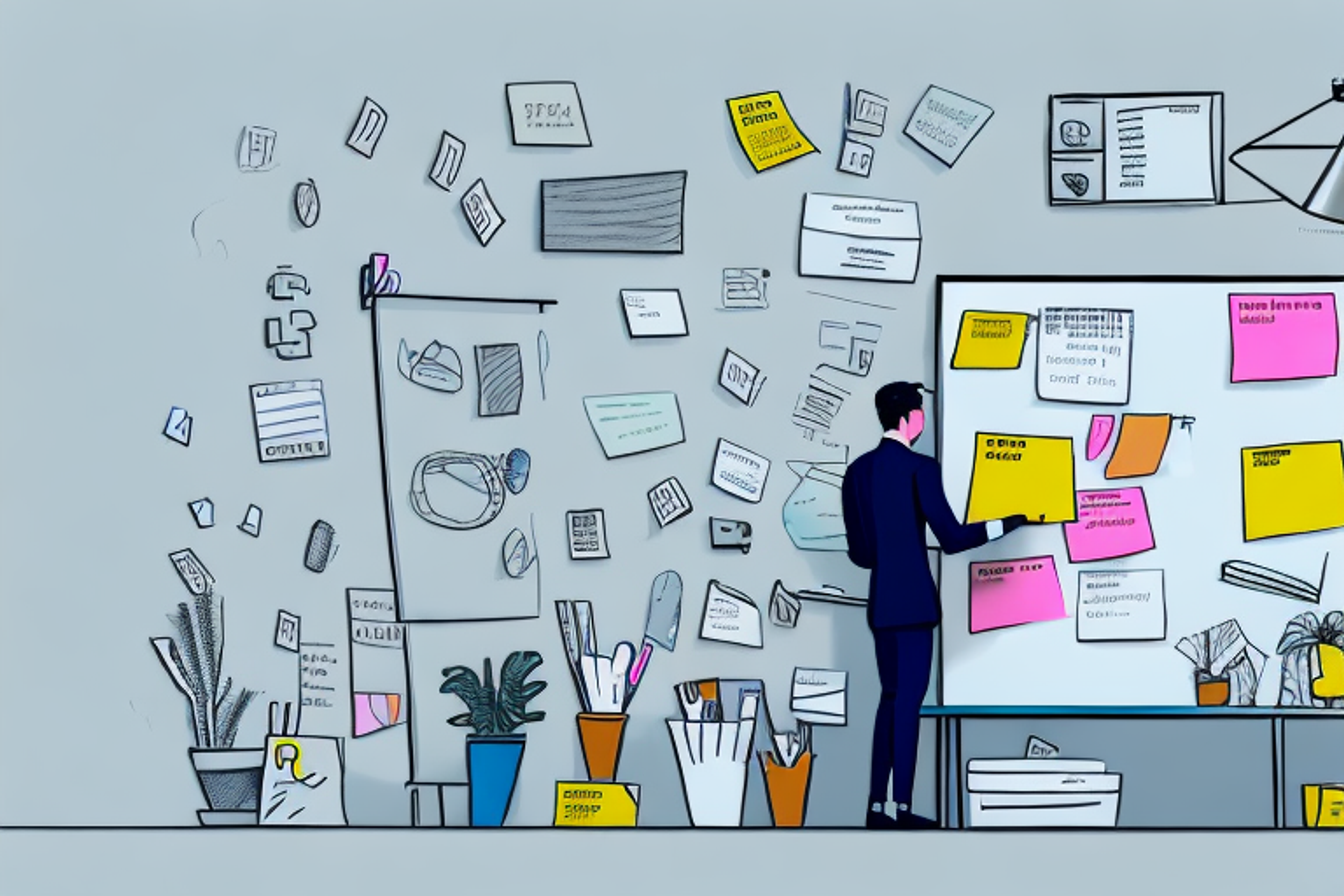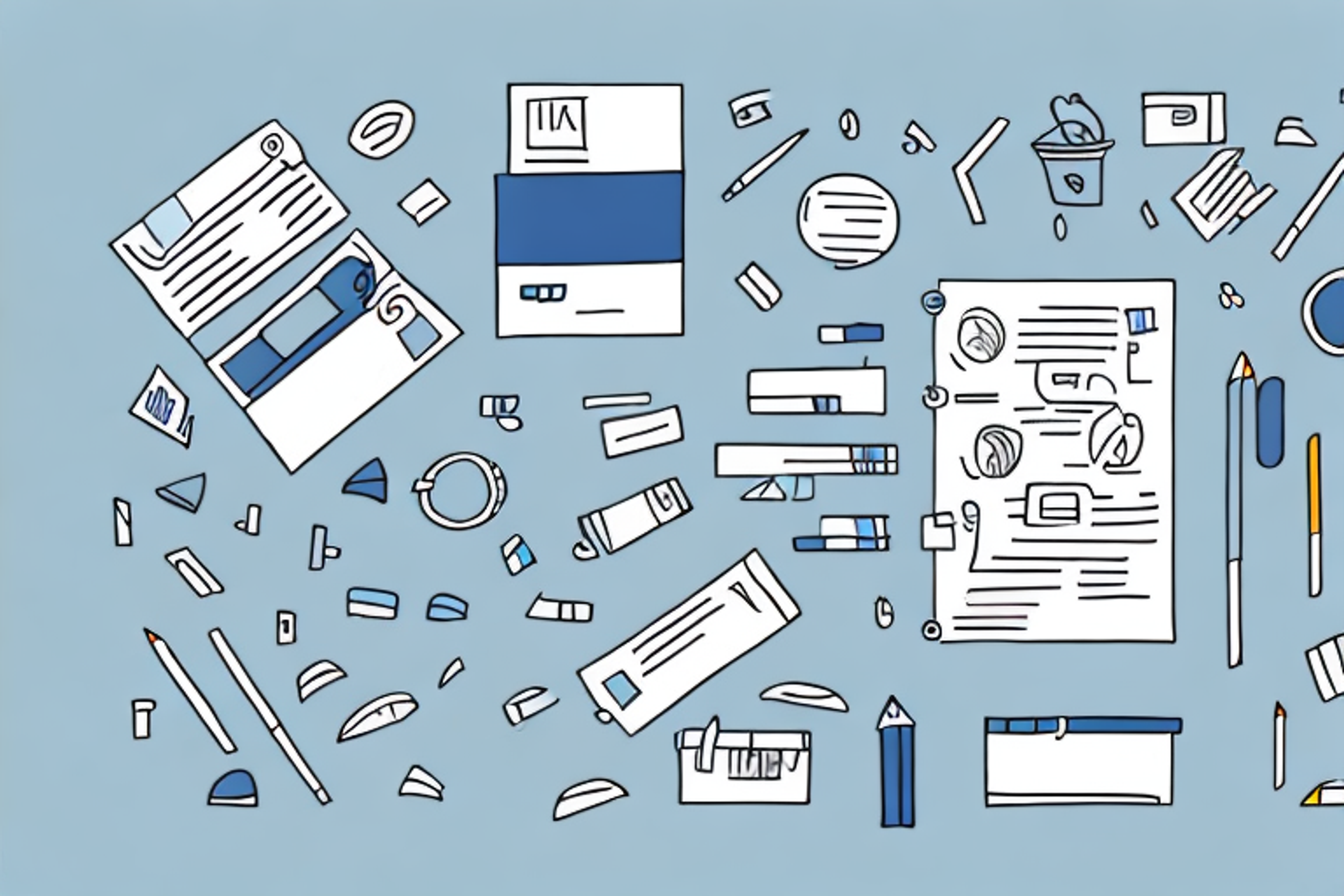Ernst and Young Behavioral Interview Questions: Preparation and Tips
Are you preparing for a behavioral interview with Ernst and Young? Our article provides tips and insights on how to ace the interview and stand out from other candidates.
Posted March 6, 2025

Table of Contents
Ernst and Young (EY) is one of the world's largest professional services firms, providing audit, tax, and advisory services to some of the biggest names in the industry. As an aspiring professional, chances are, you've heard about their recruitment process, which usually includes a behavioral interview.
What to Expect During an Ernst and Young Behavioral Interview
A behavioral interview is designed to assess how you would respond to certain situations based on your past experiences, attitudes, and behaviors. EY's behavioral interview questions seek to identify whether you have the necessary skills, competencies, and behavioral attributes required for the job you're applying for.
The questions asked in a behavioral interview may seem slightly different from traditional interview questions. They typically revolve around your previous experiences and how you managed to handle them. The interviewer may also ask you to cite examples of times when you demonstrated specific behavioral attributes, such as leadership, teamwork, problem-solving, or communication skills.
During an EY behavioral interview, you may also be asked situational questions that require you to think on your feet and provide a thoughtful response. These questions are designed to assess your ability to handle unexpected situations and make decisions under pressure.
It's important to prepare for a behavioral interview by reviewing the job description and identifying the key skills and competencies required for the role. You should also reflect on your past experiences and be prepared to provide specific examples of how you have demonstrated these skills in the past.
Importance of Preparing for a Behavioral Interview
Preparation is key to acing an EY behavioral interview. The interviewer will be looking for specific types of answers, and unless you're adequately prepared, chances are you could fumble during the interview.
One of the things you could do to prepare for an EY behavioral interview is to research the company and familiarize yourself with its culture, values, and mission. This way, you'll have an understanding of what they are looking for and how you can relate your experience to that.
You should also anticipate the type of questions that will be asked and practice your responses. Several resources online can help you identify the types of behavioral questions EY usually asks and what they are looking for in a response.
Another important aspect of preparing for a behavioral interview is to reflect on your own experiences and identify specific examples that demonstrate your skills and abilities. This will help you provide concrete and relevant answers to the interviewer's questions.
It's also essential to practice active listening during the interview. Pay attention to the interviewer's questions and make sure you understand what they are asking before answering. This will help you provide more thoughtful and relevant responses.
Top 10 Common Ernst and Young Behavioral Interview Questions
The following are ten of the most common behavioral interview questions that EY might ask in an interview:
- Describe a situation when you had to work with someone who was difficult to work with, and how you handled it.
- Tell me about a time when you had to take a calculated risk and the outcome of that decision.
- Can you give me an example of a situation where you had to deal with ambiguity and how you managed to handle it?
- Describe a time when you had to juggle multiple tasks and how you managed to prioritize them.
- Describe a situation where you faced a challenge and how you overcame it.
- Tell me about a time when you had to work under pressure and how you managed the situation.
- Can you give an example of a time when you had to persuade someone to change their mind?
- Describe a decision that you made and later regretted. What did you learn from the experience?
- Tell me about a time when you had to adapt to a new role or team.
- Can you give me a specific example of how you identified and solved a problem in the workplace?
It is important to note that while these are common behavioral interview questions, they are not the only ones that EY may ask. It is always a good idea to prepare for a variety of questions and to have specific examples ready to share. Additionally, EY values diversity and inclusion, so be prepared to discuss how you have worked with individuals from different backgrounds and perspectives.
How to Structure Your Answers in a Behavioral Interview
The best way to structure your answers in a behavioral interview is to use the STAR method. STAR stands for Situation, Task, Action, and Result.
You should start by describing the situation, followed by the task you had to complete, the actions you took, and the results you achieved. This method helps you to structure your answer and communicate your responses more clearly and concisely.
It is important to note that when using the STAR method, you should focus on providing specific examples from your past experiences. This will help the interviewer to better understand your skills and abilities, and how they relate to the job you are applying for.
Additionally, it is a good idea to practice using the STAR method before your interview. This will help you to feel more confident and prepared, and ensure that you are able to effectively communicate your experiences and qualifications to the interviewer.
The STAR Method: A Step-by-Step Guide for Answering Behavioral Questions
The following is a guide on how to use the STAR method to answer any EY behavioral interview question:
- Describe the situation you were in, including the context, location, and time.
- What task were you given, and what was expected of you?
- Describe the actions you took to complete the task
- Remember to include specific details that show how you exhibited the required behavioral traits
- What were the positive outcomes of your actions?
- Be specific and quantify your results wherever possible.
It is important to note that the STAR method is not just for answering behavioral interview questions. It can also be used in various situations, such as when giving presentations or writing reports. By following the STAR method, you can effectively communicate your ideas and accomplishments in a clear and concise manner, making it easier for others to understand and appreciate your work.
Tips for Demonstrating Your Skills and Experience in a Behavioral Interview
During your behavioral interview, you should aim to show the interviewer how your past experiences have prepared you for the role you are applying for. The following are tips on how to demonstrate your skills and experience:
- Be specific when describing your experience and use examples that are relevant to the position you are applying for.
- Show how your previous experiences have shaped you into the person you are today and how they qualify you for the position.
- Highlight your strengths, competencies, and achievements in a concise and relevant manner.
- Use the STAR method, where possible.
How to Use Your Past Experiences to Showcase Your Fit for Ernst and Young
When answering EY's behavioral interview questions, you should be able to demonstrate how your past experiences have equipped you with the qualities that they're looking for. The following are ways to showcase your fit for Ernst and Young:
- Highlight your leadership skills by describing times when you've led a team to achieve a specific goal or objective.
- Emphasize your teamwork skills by discussing examples where you've worked collaboratively with others to achieve a common goal.
- Show your problem-solving skills by describing situations when you've had to resolve complex problems using your analytical abilities.
- Demonstrate your communication skills by describing how you've communicated complex ideas or instructions to others in your previous roles.
Common Mistakes to Avoid During an Ernst and Young Behavioral Interview
There are a few common mistakes that applicants make during an EY behavioral interview. These include:
- Not listening carefully to the questions asked and misunderstanding what the interviewer is looking for.
- Failing to provide specific examples and instead, giving vague or general answers.
- Not preparing adequately before the interview.
- Not using the STAR method to structure your answers.
Strategies for Overcoming Nervousness During a Behavioral Interview
It's normal to feel nervous before and during a behavioral interview. The following are a few strategies that can help you overcome nervousness:
- Prepare adequately for the interview. The more prepared you are, the more confident you'll feel.
- Have a positive attitude and believe in yourself.
- Practice deep breathing and visualization techniques before the interview.
- Arrive early on the day of the interview to give yourself time to relax and mentally prepare yourself.
- Remember to smile and build a rapport with the interviewer to help ease your nerves.
Examples of Successful Answers to Ernst and Young Behavioral Interview Questions
The following are a few examples of successful answers to some of the most common EY behavioral interview questions:
What to Do After the Interview: Follow-Up Tips and Next Steps
After your EY behavioral interview, it's essential to follow up with the interviewer and thank them for the opportunity to interview. Here are a few tips for following up:
- Send a thank-you email or note within 24 hours of the interview.
- Reiterate your interest in the position and your fit for the company.
- Be professional and concise in your communication.
You should also prepare yourself for the next step, which could be a second interview or a job offer. Celebrate your successes but also be ready to improve on your weaknesses for the next opportunity.
In conclusion, EY's behavioral interview process is designed to identify the best candidate for the job by exploring how they have handled challenging situations in the past. Proper preparation and leveraging of your past experiences through the STAR method can increase your chances of acing the interview and landing the job.



















